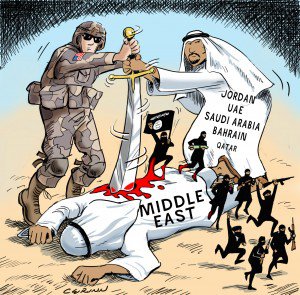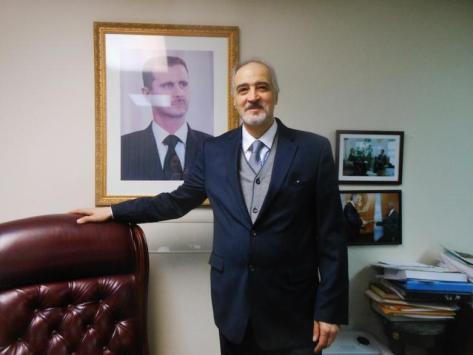Sub auspiciile Consiliului de Securitate al Organizației Națiunilor Unite, cu președintele Obama cel care conduce ședința Consiliului, Statele Unite ale Americii a solicitat comunității internaționale să adopte măsuri puternice, la nivel național și internațional, pentru a reduce recrutarea de luptători pentru statul islamic.
Ceea ce nu este menționat în rapoartele mass-media, este faptul că șefii de state și de guverne care au aprobat campania Americii împotriva statului islamic, avizate fiind de serviciile lor secrete, sunt pe deplin conștienți de faptul că serviciul de informații americane este arhitectul nerostit al statului islamic, care este parte dintr-o vastă rețea care au sprijinit entitățile teroriste “jihadiste”. Țările sunt fie obligați să contribuie la soluționarea problemei propusa de SUA sau sunt considerate complice la actul de teroare.
Să nu uităm, Arabia Saudită, Qatar, au finanțat și au format teroriștii ISIL în numele Statelor Unite. Israelul a ajutat la adapostirea Statul Islamic (Isil) în Înălțimile Golanului (raspunzand astfel la intrebarea…
View original post 1,017 more words



















 President Serge Sarkisian (Photo: Official website of the President of Armenia)
President Serge Sarkisian (Photo: Official website of the President of Armenia) 


















